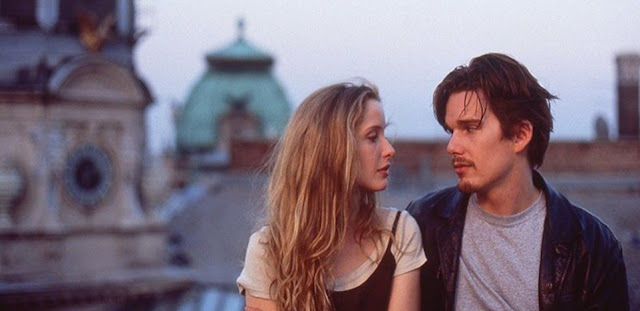Looking Beyond Stereotypes #IAmCapable
 |
| Source:pixabay.com |
I know of a lady who had troubles winning over her in-laws and relatives in her husband’s extended family. At first, it was because she was doing a job and refused to quit it even after marriage. Her office was conveniently situated nearby their house; she would go in the morning after preparing breakfast and come back in the evening, would do household works and make dinner. Her mother-in-law took care of the everyday lunch but not without complaint. She was named ‘modern woman’ by her who doesn’t give much attention to family life and doesn’t take care of her ‘grihasti’. This young lady was undeterred by this and took it as a challenge to make everyone understand the importance of making a career along with devoting time for a family life. Today after years she has become an inspiration in the household of members of three generations.
Let go of the stereotypes. Today short hair stands for willpower, statement, taking your stand and telling the world that you are who you are, not what they think you to be. The perspective of people needs to change. Society needs to empathize more and stop judging at every glance. You need to know the person before you can make an opinion on or comment on the choices she makes in her life.
Take a look at some of the startling figures that the Nihar Naturals #IAmCapable survey conducted by Nielsen India reveals:
a. 69% of men agree that their judgment of women is based on their looks.
b. 64% of women agree that the judgments passed on them have affected their ability to reach their true potential.
c. 70%of women agree that majority of judgments on women are from family members or friends rather than strangers.
d. 72% of women agree that working women face more judgments on their looks or their clothes than housewives.
I’m breaking stereotypes based on appearance by sharing my experience for the #IAmCapable activity at BlogAdda in association with Nihar Naturals.








Comments
Post a Comment